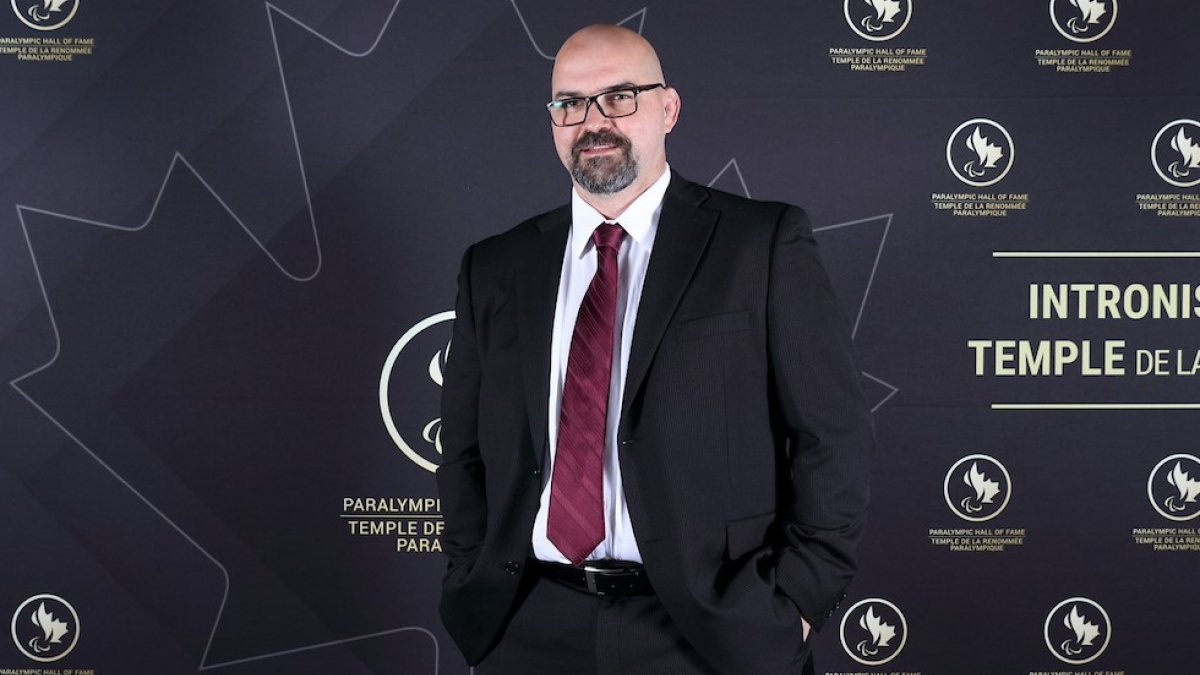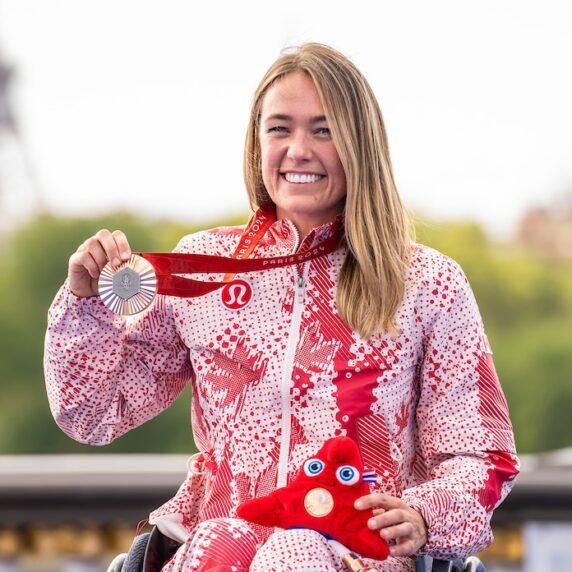Innovation for inclusivity: Tony Walby on the limitless possibilities of people with a disability
International Day of Persons with Disabilities is December 3

OTTAWA – Tony Walby is a two-time Paralympian in Para judo who was declared legally blind at age 35 due to deteriorating eyesight, which continues to this day.
However, that has not stopped him from becoming a successful athlete, an advocate for Para sport and leader in the community, and a professional manager in computer and software engineering.
Walby knows that people with a disability can be very successful. Yes, they may need assistance in some areas, but they also need confidence from society that this can happen.
Today, Saturday December 3, is International Day of Persons with Disabilities. It was established in 1992 by the United Nations General Assembly as an occasion to promote the rights and well-being of persons with disabilities while highlighting that many continue to experience barriers in society, profoundly affecting their ability to reach their full potential.
“What this day means to me is recognition and awareness,” said Walby, 49. “People with a disability are able to do almost everything. There should be no limits to what somebody with a disability can do. They may need technology, they may need to adapt, they may need some assistance, but we should not in any way limit what a person with a disability can do.”
According to the 2017 Canadian Survey on Disability Reports, about 6.2 million people in Canada over the age of 15 live with a disability. Yet only 59 per cent of working-age adults with a disability are employed, compared to 80 per cent of those without a disability.
Walby says nobody – including employers – should prejudge what a person with a disability can do.
“I’ve seen way too many people with a disability do so many amazing things that what they can do is limitless.”
Walby, who has also been chair of the Canadian Paralympic Athletes’ Council since 2018, says there are three main challenges facing people with a disability in the workforce. The first is perception, followed by the costs of accessible technology, particularly in the private sector, and finally the self-esteem of the individual with a disability.
When Walby learned about his impending visual impairment, he says he was initially depressed. However he had an opportunity to meet Josh Vander Vies, a Paralympic bronze medallist in boccia, who was born without arms and legs.
“To see what he can do was phenomenal,” said Walby, who is a manager in charge of the accessibility team at Correctional Services Canada, his employer over the past 24 years. “When I met him, he was in law school, he was getting married, and now he is a very successful lawyer.
“He is the epitome of what every one of us can do, whether you have a disability or not. One reason that half to three quarters of people with a disability are unemployed is the stigma attached to disability.”
Walby, who competed at the 2012 and 2016 Paralympic Games, says that sport is starting to become a big area of inclusion. While he notes there is still work to go, there has been immense progress in recent years in terms of supporting and promoting Para sport.
“Para sport at the national and international level has shown that everybody, no matter what race, gender, creed, or disability, can be part of sport.”
“More people are waking up to the abilities everybody has, it’s not you have a disability, you can’t do this. It is, you have a disability and you’ll be able to adapt to do what you want to do.”
The theme this year for International Day of Persons with Disabilities is the role of innovation in fuelling an accessible, inclusive, and equitable world.
For people with visual impairments, there have been remarkable innovations over the last 10 to 20 years. But for Walby, outside technological advancements, a heightened awareness in society over the last few years has been the biggest ‘innovation’ to him.
The Government of Canada took action in 2019 when the Accessible Canada Act came into law, which resulted in a new Accessibility Standards Canada department (where Paralympian Collinda Joseph works).
“This is a big step forward for Canadians living with a disability,” said Walby. “We are moving towards the solution. More standards will be put in place that will ensure that people with a disability have access to pretty much everything and from there we will be able to take the next step and remove that stigma of people with a disability.
“More people with a disability are in top level positions. The Government of Canada has Paralympians in government and in the Senate.
“We are solving this problem but it’s not going to happen overnight. I bet if you looked at that 59 per cent stat, it would have been 30 per cent 20 years ago.”



"*" indicates required fields